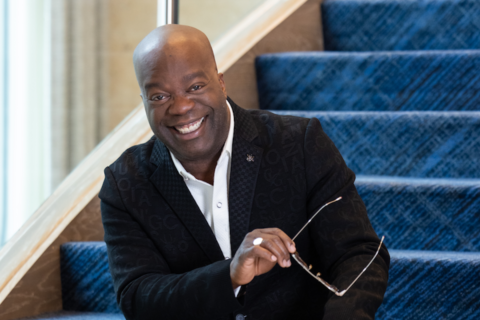In modern pop culture, over the past few years, it’s been hard to find a celebrity or public figure who isn’t canceled. From Bill Gates and Jennifer Lawrence to your local teacher or business next door, no one is safe, and everyone is treading lightly.
Some people have been canceled for good reasons. It’s never a bad thing to hold people to higher, more inclusive standards. But is this culture shift hurting your business? Even if you’ve never tweeted anything mildly offensive.
Cancel culture started as a social policing of anyone in the lime-light to ensure they are worthy of the power and prestige they hold. However, it quickly warped into an unforgiving, dehumanizing system of isolation.
It’s easy to get caught up in a culture of criticizing and penalizing—you get an endorphin hit from the small bit of power being exercised, and it especially feels great when your cancellation goes viral and is touted as social justice.
“This is how we live now, under penalty of cancellation: in a culture of screencapping, filming, and snitching. Offense-seeking and finger-pointing. It’s intolerance on steroids.”Tablet Magazine
This unforgiving culture, however, burrows its way deep into societal standards and can affect your business, no matter how politically correct you try to be.
Creating a culture of second chances
For perspective, when we decide to cancel everyone who has made a mistake, we “cancel” roughly 5 million people who have been incarcerated at some point in their lives. And the number only grows when we count recovering addicts.
By definition, a convict is “a person found guilty of a crime and sentenced by a court” or “a person serving a sentence in prison.” Without going too deep into the inner-workings of the American penal system, it’s believed that convicted criminals are held in prison to serve their time, repent, and then reassimilate into society. However, we know this is not the case. Conviction records often limit former inmates’ access to jobs and opportunities to excel within a company.
However, businesses that prioritize second chances and revisit their perspective on cancel culture find that hiring people who have served time rebuilds lives, communities and the businesses that operate within them.
For example, JPMorgan Chase recently committed to giving more people with criminal backgrounds a second chance. Within the last year, 10 percent of their new hires were people with a criminal record. They have “banned the box,” whereby removing all questions related to criminal history from their application process. They have also promised to help previously convicted felons build in-demand skills to further their careers. Not only is the second chance movement a refreshing change of pace from the righteous cancel culture, but it also benefits those companies who embrace it.
Course-correcting cancel culture
In a time when the millennial workforce jumps ship for the newest office offering cold brew on tap or unlimited vacation days, company loyalty is hard to come by. Millennial expert, Michael Parrish Dudell believes the current workforce is more focused on short-term gains due to its conditioning to have everything immediately, from approval in likes on social media to food from the microwave in seconds.
But it’s different with those who have previously been incarcerated. There is a sense of extreme loyalty and appreciation to a company that bypasses the normal system to give them a second chance. Electronic Recyclers International lowered their turnover rate from 25% to 11% after creating a program that welcomed ex-offenders.
Hiring employees who were formerly incarcerated instead of recruiting those with the highest GPAs straight out of ivy league universities is a different approach, to say the least. However, it may be a shift that helps your business, local communities, and gently course-corrects modern-day, cancel culture.
Jessica Welch is passionate about helping others and sees her work with BigSpeak as a great way to help spread knowledge. Jessica received a Bachelor’s degree in English, Creative Writing with a minor in Anthropology from California Polytechnic State University. After graduating, she spent a year teaching at a low-income high school in Oahu, HI.
© YFS Magazine. All Rights Reserved. Copying prohibited. All material is protected by U.S. and international copyright laws. Unauthorized reproduction or distribution of this material is prohibited. Sharing of this material under Attribution-NonCommercial-NoDerivatives 4.0 International terms, listed here, is permitted.










